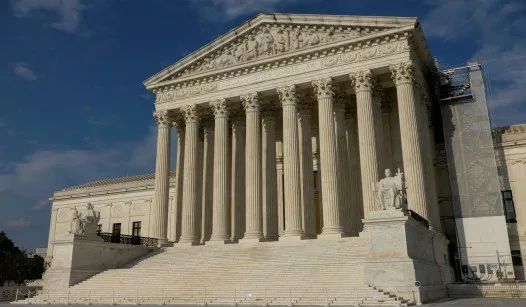The recent case of Mahmoud v. Taylor has sparked significant discussion among educators, legal experts, and policymakers regarding the rights of public school teachers. At its core, this case addresses the balance between personal beliefs and professional responsibilities within the educational environment.
In the context of public education, the primary goal is to provide students with a well-rounded education, free from personal biases and ideologies. This principle raises important questions about the extent to which teachers can express their personal beliefs while fulfilling their roles as educators.
The Mahmoud v. Taylor case centers on whether teachers should have the option to opt out of certain curriculum requirements that conflict with their personal beliefs. This issue is especially pertinent in a diverse society where educators come from various backgrounds and hold differing viewpoints. The case has implications not only for the teachers involved but also for the students they serve and the educational system as a whole.
Educators play a crucial role in shaping the minds of future generations. However, they also face the challenge of navigating their personal beliefs in a professional setting. The ruling in Mahmoud v. Taylor could set a precedent that affects how teachers approach their responsibilities and how school districts implement policies regarding curriculum and instruction.
One of the central arguments in the case is the importance of maintaining a neutral educational environment. Public schools are designed to be inclusive spaces where all students feel valued and respected, regardless of their backgrounds or beliefs. Allowing teachers to opt out of certain teachings based on personal ideologies could lead to a fragmented educational experience for students, undermining the mission of public education.
Moreover, the case raises questions about academic freedom. Teachers often advocate for the inclusion of diverse perspectives in the classroom, yet they must also adhere to state standards and curriculum guidelines. The challenge lies in finding a balance that allows educators to express their viewpoints without compromising the integrity of the educational system.
As the case unfolds, it is essential for educators, parents, and policymakers to engage in open dialogue about the implications of the ruling. Understanding the nuances of Mahmoud v. Taylor will be critical in shaping future educational policies and practices.
In conclusion, the Mahmoud v. Taylor case serves as a pivotal moment in the ongoing conversation about the role of personal beliefs in public education. As the legal proceedings continue, it is crucial for stakeholders to consider the potential impact on educators and students alike, ensuring that the primary focus remains on providing a comprehensive and inclusive education for all.
